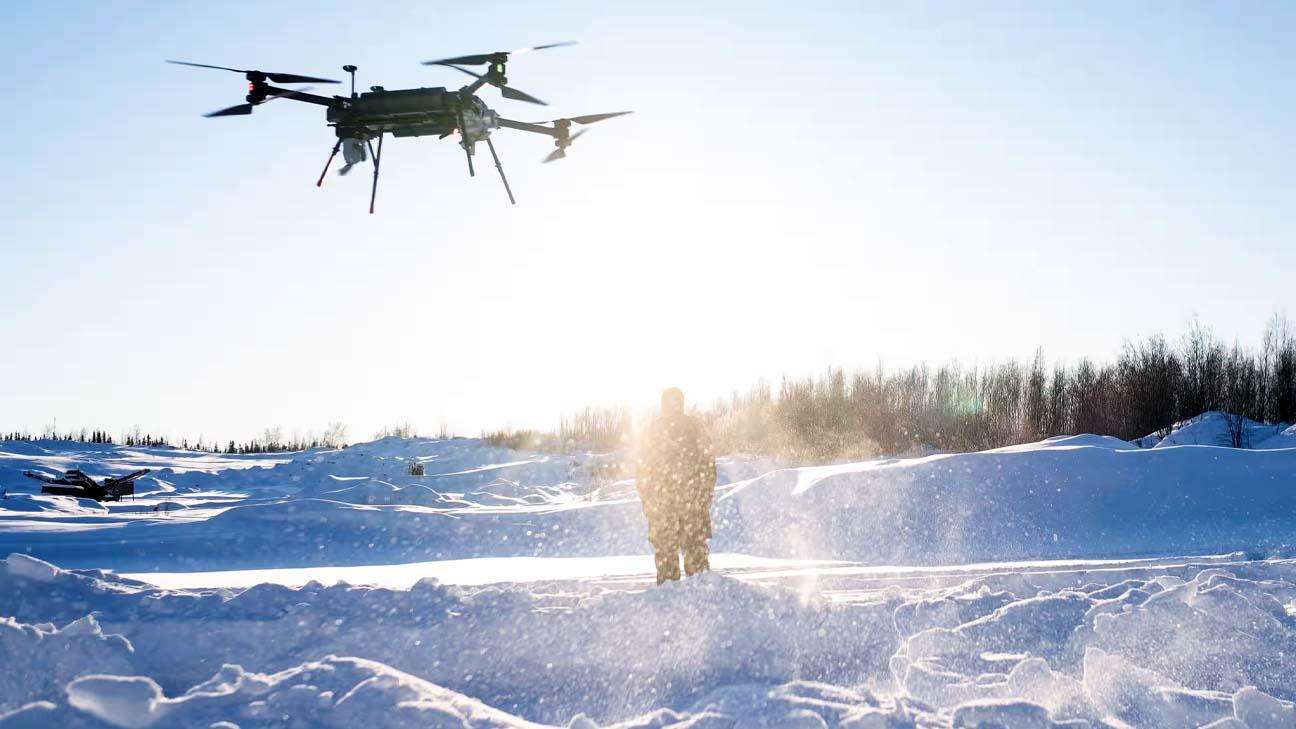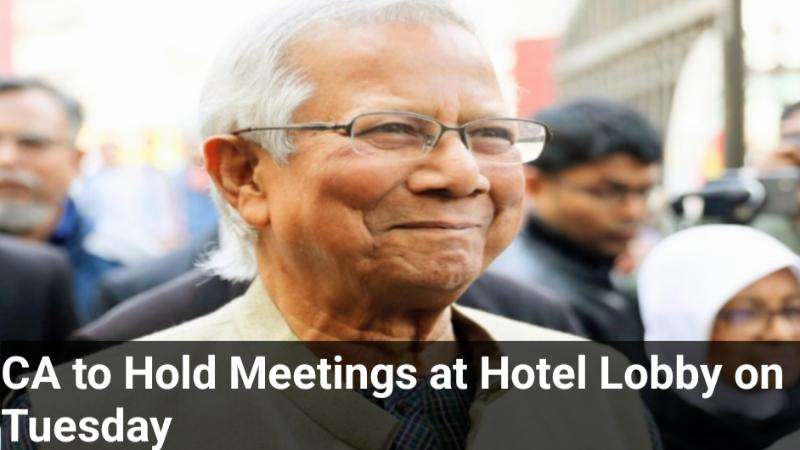Mark Carney has announced plans to significantly increase Canada’s defence spending, warning that the country must become more self-reliant in an increasingly unstable world.
During a speech at the University of Toronto on Monday, Carney said Canada would meet NATO’s target of spending 2% of its GDP on defence in the current fiscal year—five years earlier than previously planned. Canada has long faced criticism for falling short of this goal, with a recent NATO report estimating the country's defence spending at just 1.45% of GDP last year.
Carney also committed to redirecting billions toward domestic defence production, emphasizing that Canada has grown overly dependent on the United States for military support and equipment.
“The long-held view that Canada’s geographic location will protect us is becoming increasingly archaic. Threats which felt far away and remote are now immediate and acute,” said Carney, pointing to “Russia’s barbaric invasion of Ukraine” and threats to Canada’s sovereignty not only from Moscow but also from “an increasingly assertive China”.
A series of announcements on Monday signal Canada’s intent to dramatically strengthen its defence posture ahead of the upcoming G7 summit in Kananaskis, Alberta, and the NATO summit in The Hague later this month, where military spending will be a key issue. NATO Secretary General Mark Rutte has already suggested raising defence spending targets to 3.5% of GDP, with an additional 1.5% allocated to defence-related infrastructure and investments.
Canadian officials have increasingly shifted their attention to Arctic security, highlighting vulnerabilities in a region that is rapidly transforming and gaining global strategic interest. However, this renewed focus has exposed the limitations of Canada’s ageing military capabilities.
“Only one of our four submarines is currently operational,” said Prime Minister Mark Carney. “Fewer than half of our naval and land vehicles are in working condition.”
Historically, Canada has depended on the U.S. for military equipment, but Carney’s speech marked a turning point. While he acknowledged the close alliance with the U.S., he pointed to rising concerns over American protectionism, especially under Donald Trump, including tariffs and sovereignty disputes.
“The U.S. is now monetizing its global dominance—charging for market access and reducing its share of collective defence,” Carney said.
Amid debate over Canada’s purchase of 16 F-35 fighter jets from Lockheed Martin at a cost of nearly US$85 million each, concerns have resurfaced over the lack of Canadian control over software updates and spare parts, all of which would remain under U.S. ownership.
Carney pledged to shift military investment toward domestic manufacturing, reducing reliance on American suppliers. “We must ensure every dollar is spent wisely by prioritizing Canadian-made defence systems,” he said. “We can’t keep sending 75% of our defence spending to the U.S.”
He also confirmed ongoing high-level talks with Donald Trump in an effort to resolve a trade dispute triggered by the U.S.
Timothy Sayle, a history professor at the University of Toronto, noted the challenges Carney faces in balancing Canada’s need for defence autonomy with the reality of deep-rooted military ties to the U.S. “There’s definitely pressure from NATO and Europe,” he said, “but the speed and scale of this move likely also reflect the current dynamics with the U.S.”
Sayle emphasized that while Carney’s announcement demonstrates political resolve, similar commitments have been made by past governments without full follow-through. “Canada has long struggled with defence procurement,” he added. “We now need to ask where the funding will come from and whether taxes will be affected. Still, there’s a growing sense across the country that bold action is overdue.”








.svg)

.jpeg)
